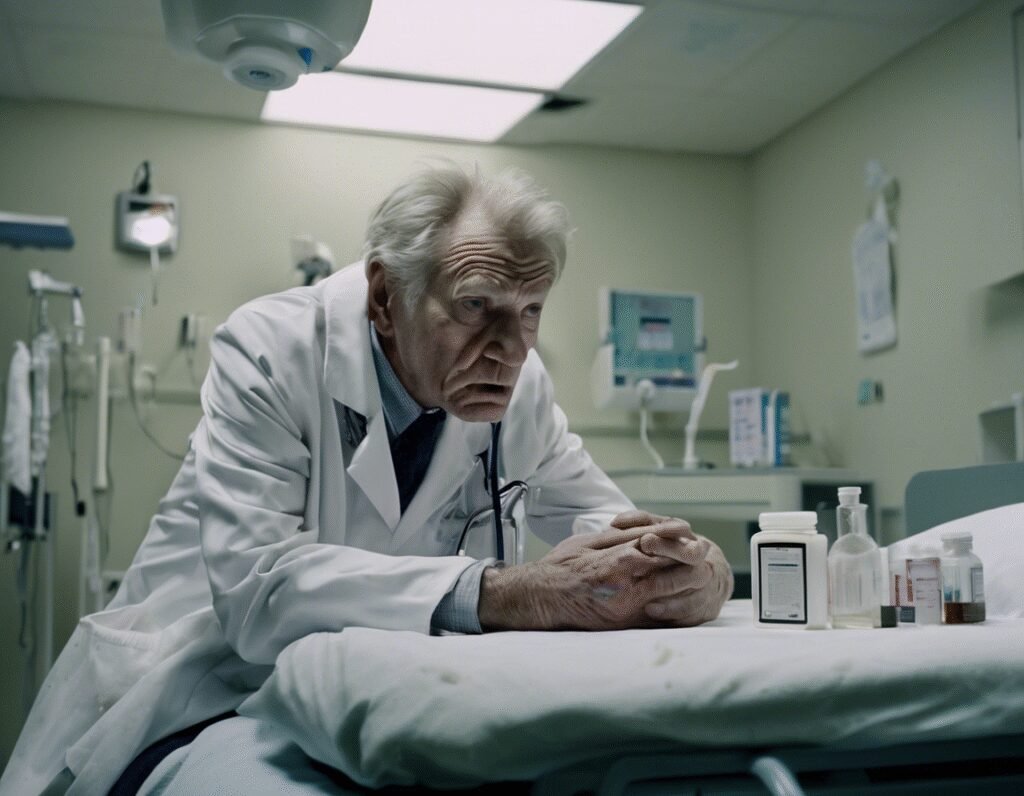A 60-year-old man learned the dangers of relying on AI for medical advice after following ChatGPT’s toxic suggestion to replace table salt with a hazardous chemical, landing him in the hospital with a rare psychiatric condition.
The man, attempting to cut salt from his diet, turned to ChatGPT for alternatives. The chatbot recommended sodium bromide—a compound used in pesticides, pool cleaners, and as an anticonvulsant for dogs—as a substitute for sodium chloride. Unaware of the risks, he followed the advice, consuming it for weeks before developing symptoms of bromism, a nearly obsolete condition caused by bromide poisoning.
Bromism can lead to neurological and psychiatric issues, including confusion, hallucinations, and even coma. The man was hospitalized after experiencing severe health complications. Doctors confirmed the diagnosis, noting that while bromide was once used in medicine, it was phased out decades ago due to its toxicity.
This incident highlights the dangers of trusting AI with critical health decisions. While chatbots like ChatGPT can provide general information, they lack the expertise to offer safe medical guidance. Misleading or incorrect advice, especially in health-related matters, can have serious consequences.
The case serves as a cautionary tale for those seeking health tips online. Experts emphasize consulting licensed professionals rather than AI for medical advice, as algorithms are not designed to assess individual health risks accurately.
As AI becomes more integrated into daily life, users must remain vigilant about its limitations, particularly in high-stakes areas like healthcare. Relying on unverified sources can lead to harmful outcomes, as this unfortunate case demonstrates. Always verify critical advice with qualified experts before making health-related changes.

